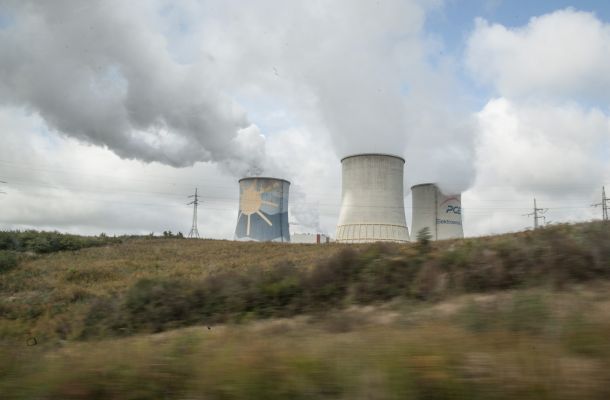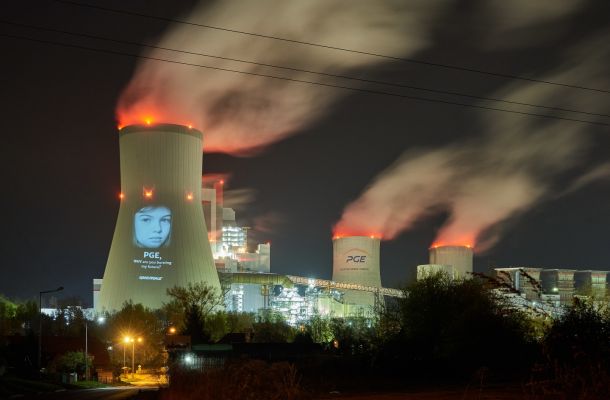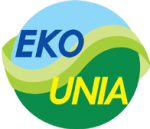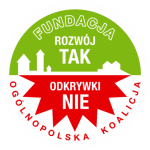Petition in the European Parliament
Petition for saving drinking water submitted to the European Parliament
On 5 March 2020, the petition signed by 13,000 people from Poland, Germany and the Czech Republic was submitted to the Committee on Petitions of the European Parliament. Its purpose is to block the expansion of the Turów opencast mine planned by the Polish Energy Group. If the construction is approved, the mine would extend just 1000 meters from the Czech border, and could leave approximately 30,000 people living in the region living in this region being deprived of access to drinking water.
Polish authorities ignore protests
Polish PGE Group is seeking to extend the size and re-license its operation until 2044. The current one will expire in April 2020. In January this year, despite protests, the Regional Directorate for Environmental Protection in Wroclaw issued an environmental decision approving the expansion of the open pit, only hours after receiving critical submissions from a German public consultation and risking a rare diplomatic row with the Czech Republic when they refused to integrate Czech concerns into the mine’s transboundary environmental impact assessment, before unilaterally granting PGE an extension to its current license.
Czechs deprived of drinking water
The extension of the open pit could leave approximately 30,000 people living in the Liberec Region in the Czech Republic being deprived of access to drinking water. The Czechs are already suffering from the onerous neighborhood. Taps often lack water that is collected for the needs of the mine. Turow consumes up to 40 liters of water per second, which causes the groundwater level to fall and drying up of wells. Further issues are annoying noise, cracking houses walls, loss of value the land and air pollution caused by a nearby power plant.
Turow destroys the environment and people's health
If PGE is granted a new license for Turow mine, it could extend the lifespan of Turow power plant until 2044, inflicting a dire cost on human health and the global climate. It is estimated that the power plant and the mine Turów are currently causing 120 premature deaths a year due to air pollution, out of which only 40 occur in Poland and 80 in other countries, mainly in Germany and Czechia. Moreover, further mining operations will expose PGE to loss of profitability and the financial crisis.
Further extraction means exposing PGE to a profitability crisis
The new license for Turów mine will inflict a dire cost on human health and the global climate, but it will also unwittingly expose PGE to a profitability crisis. In the 2020 report, the Institute for Energy Economics & Financial Analysis (IEEFA) warned that PGE must urgently invest in renewable energy systems and start phasing out coal if it is to avoid a catastrophic profitability collapse. Increasing prices of CO2 emission allowances, as well as the requirements arising from the Water Framework Directive and the Directive on the protection of groundwater will make mining in Turów no longer profitable as early as 2025.
Sign the petition
You can still express solidarity with people from the Czech Liberec Region and sign the petition for saving drinking water on the border of Czechia, Germany and Poland.
https://eko-unia.org.pl/petition/p_2
Popularne Artykuły
PGE myths vs reality
Why are you burning our future?
Polish prime minister dismisses for the truth about Turów
About Us
Our organizations jointly counteract the expansion of the open-cast Turów lignite mine in Poland for the benefit of local communities, nature and climate. We support civic activities undertaken by the international community at the interface of the Czech Republic, Germany and Poland. We strive to make the lignite-dependent Bogatynia enter the path of energy transition as well as economic and social transformation.





